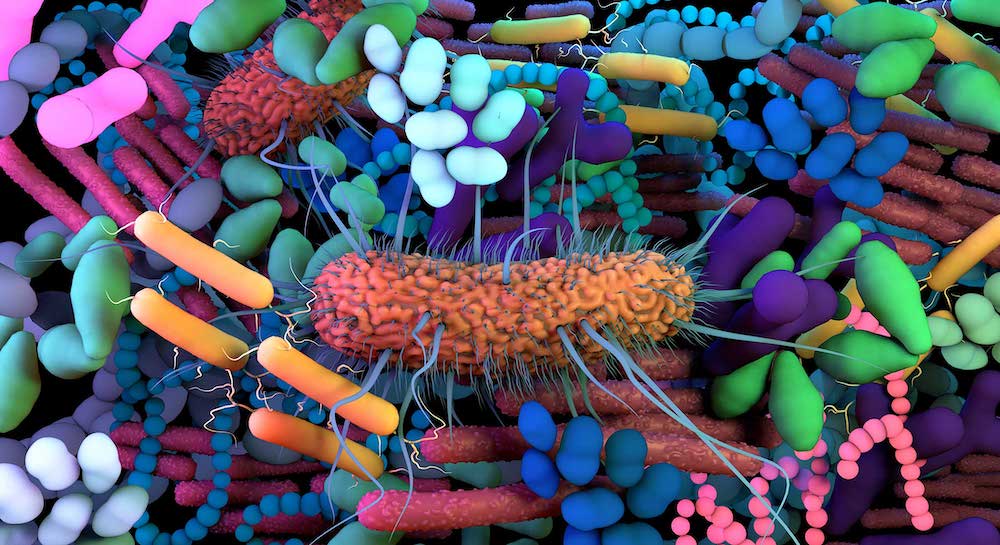|
As an athlete, you may already know that a healthy diet is essential for optimal performance. However, you may not how important maintaining good gut health and proper digestion of food is, and how this is linked to better performance and injury prevention / recovery. The gut plays a critical role in nutrient absorption, immune function, and overall health. Research has shown that a healthy gut microbiome (the community of microorganisms that live in the gut) is linked to better athletic performance and reduced risk of injury. Here are some ways in which gut health links to performance for athletes:
The Case for Pro-Biotics Several studies have shown a link between gut health and athletic performance. For example, a 2019 study published in the Journal of the International Society of Sports Nutrition found that probiotic supplementation improved performance and recovery in endurance athletes. Another study published in the Journal of Strength and Conditioning Research found that prebiotic supplementation reduced inflammation and improved recovery in rugby players. If you're an athlete looking to improve your gut health, here are some tips:
Probiotics are beneficial bacteria that live in the gut and help maintain a healthy digestive system. Antibiotics, on the other hand, are designed to kill harmful bacteria that cause infections. However, antibiotics can also kill off the beneficial bacteria in the gut, which can lead to digestive issues, such as diarrhea and upset stomach. This is why taking probiotics after a course of antibiotics is recommended, especially for athletes. Athletes require optimal gut health to perform at their best. The digestive system plays a critical role in nutrient absorption, which is essential for energy production, muscle recovery, and overall health. When the balance of gut bacteria is disrupted by antibiotics, it can negatively impact an athlete's performance. Here are some guidelines for taking probiotics after antibiotics:
In addition to taking probiotics, athletes should also focus on maintaining a healthy diet and lifestyle. This includes eating a variety of nutrient-dense foods, staying hydrated, getting enough rest and recovery, and managing stress. Taking care of your gut health is an essential part of maintaining overall health and performance as an athlete. By following these guidelines, you can help restore the balance of beneficial bacteria in your gut and optimize your athletic performance. AS we can see, studies do show that gut health plays a critical role in athletic performance and injury prevention/recovery. By maintaining a healthy gut microbiome through proper diet, supplementation, and lifestyle habits, athletes can optimize their performance and reduce their risk of injury. For further reading, check out the following resources:
Comments are closed.
|
AuthorThis blog os co-authored by The ISA Team Archives
June 2024
Categories
All
|


 RSS Feed
RSS Feed

3/13/2023